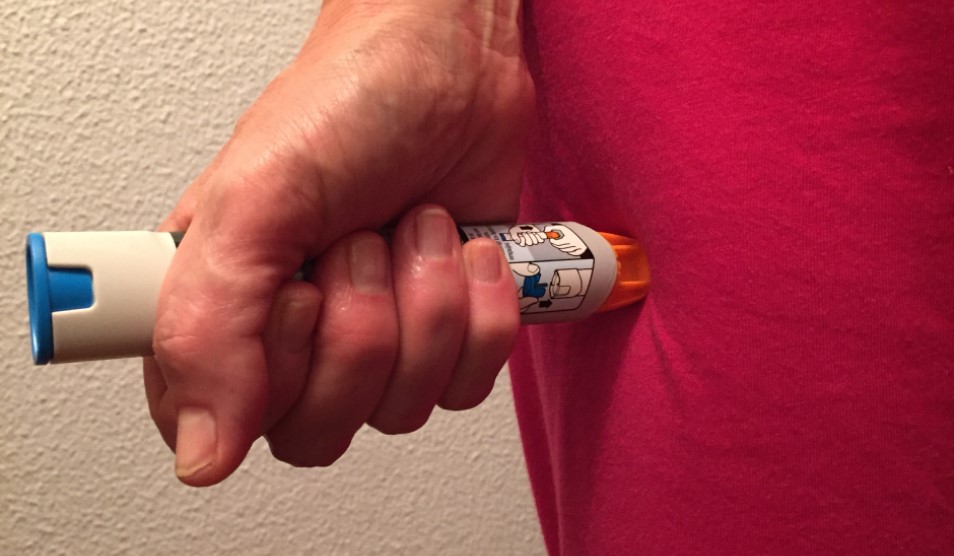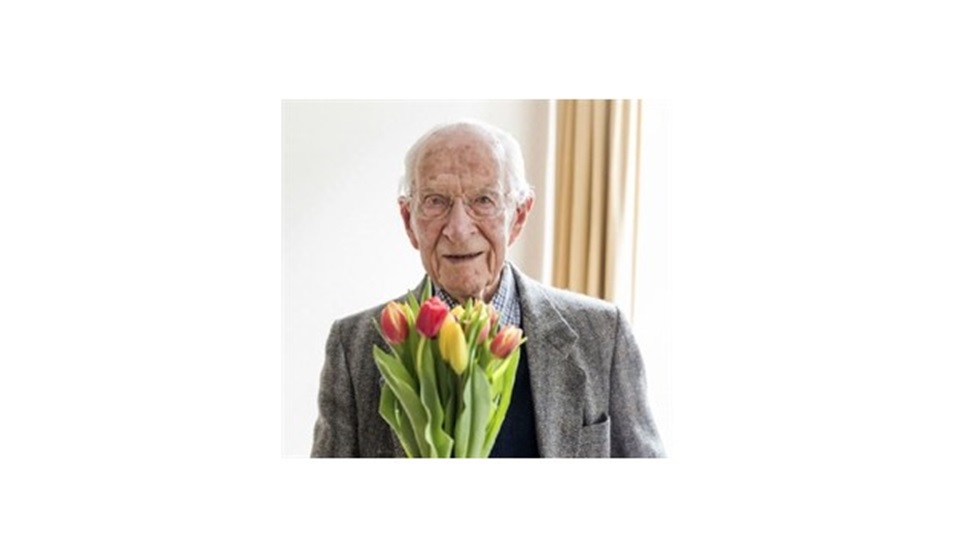Bee keeper's wife cured of deadly bee sting allergy
The wife of a commercial bee farmer has developed a potentially life-saving resistance to bee stings following treatment by medics at St Mary’s Hospital in Paddington, part of Imperial College Healthcare NHS Trust.
Lucy Zaichenko, 47, and her husband Viktor have around 150 million bees on their farm in Oxfordshire in the summer. Lucy did not know she was allergic to bees until a sting in her home caused a severe anaphylactic shock. Her body swelled-up, she could not breathe, she collapsed unconscious and was rushed to hospital.
Lucy was referred to the specialist allergy clinic at St Mary’s Hospital where she was diagnosed with a life-threatening allergy to bee stings and was offered immunotherapy to bee venom. This treatment involves gradual exposure to bee sting venom to build-up immunity.
Lucy has progressed from an initial injection of 1/10,000th of a bee sting to now where she receives the equivalent of two bee stings. She receives injections every six weeks and is monitored afterwards for an hour in the allergy clinic in case there is an adverse reaction. As she is at an extraordinarily high risk of being stung, she will continue to receive long-term treatment.
Lucy said:
“When I discovered I was allergic to bee stings I was devastated. My husband is from a long-line of bee farmers and bee keeping is his passion as well as our livelihood. Every day I was risking my life by being at home because the bees often come into the house as well as the garden. It was difficult to know what to do.
“The immunotherapy has been life-saving in more ways than one. It has meant that I can still live on the farm and run our business without having to worry about getting stung as I know my body can deal with it.”
Dr Sophie Farooque, an allergy consultant at Imperial College Healthcare NHS Trust, said:
“We are referred many patients with a suspected allergy to bee and wasp stings and a considerable number are enrolled on our immunotherapy programme. But it is unusual to meet someone who is in quite so much present danger as Lucy.
“Lucy’s allergy was so severe that just one bee sting could have killed her and every day she was at risk, even in her own home. We are able to use the same bee venom that she is allergic to, to fight her allergies and, thankfully, we have now managed to build-up her immune system so that she can withstand at least two simultaneous bee stings.”
Notes to editors
1. Imperial College Healthcare NHS Trust is home to the UK’s oldest allergy clinic with over 100 years’ experience in allergy vaccines, since providing the world’s first allergen immunotherapy treatment in 1911.
2. The Trust provides a complete allergy service to diagnose and treat a whole range of allergic diseases, providing expert advice, diagnostic tests and practical help for people affected by allergies, often within a single visit to our allergy clinic. The adult allergy service sees over 3300 new outpatients each year and treats more than 400 drug allergy day cases.



